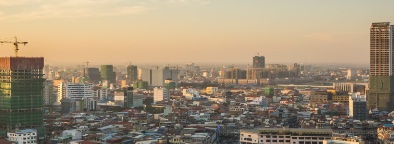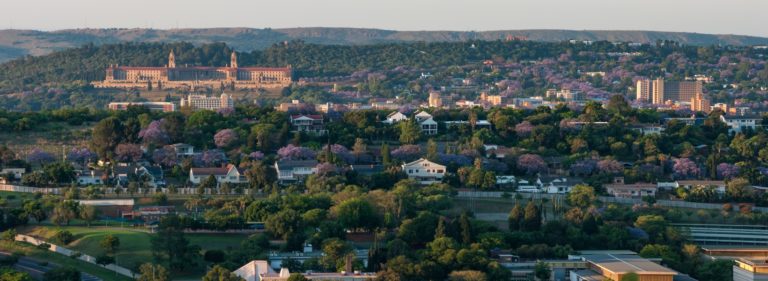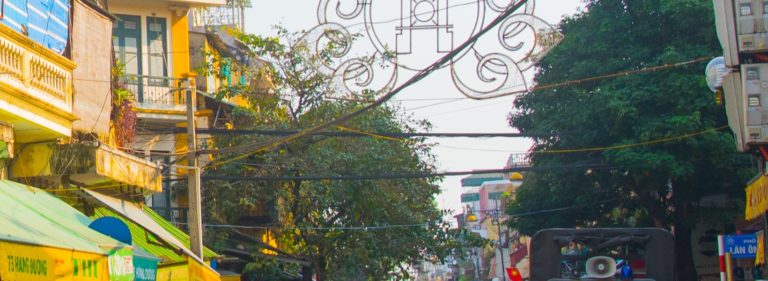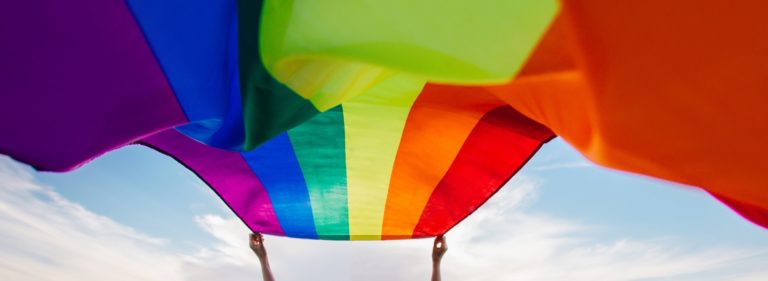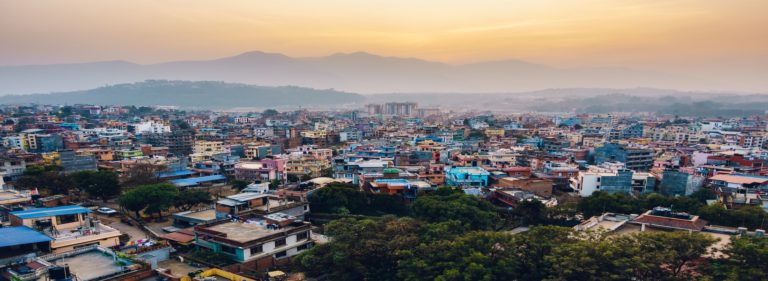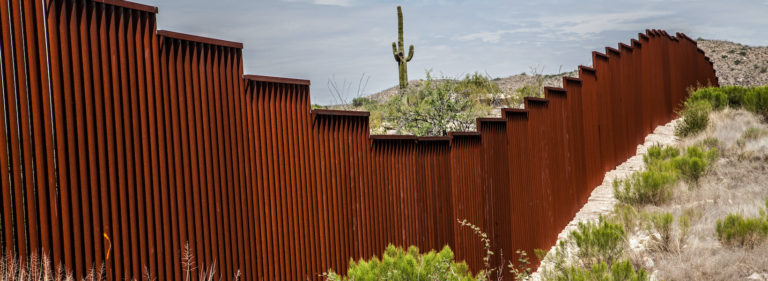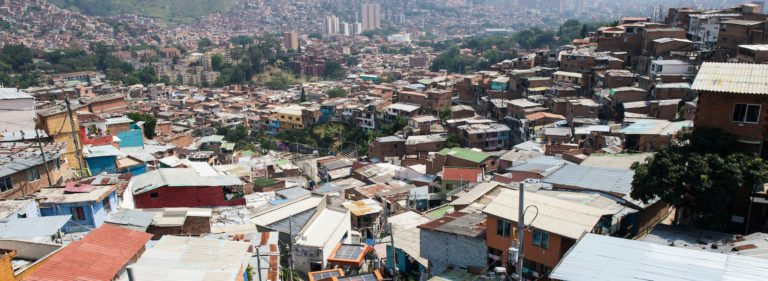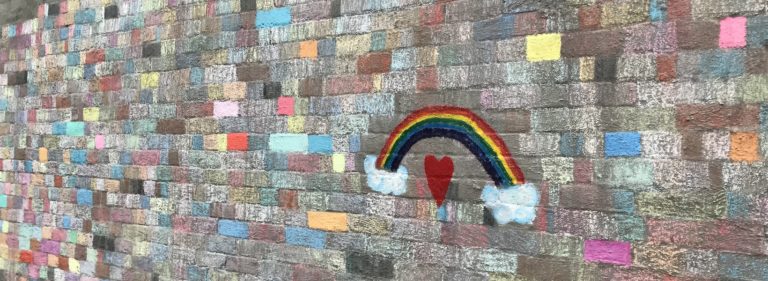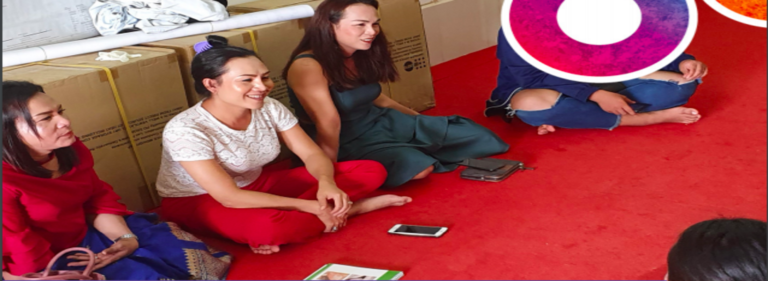This article examines the experiences of human rights defenders who work at the United Nations and identify as lesbian, gay, bisexual, transsexual, transgender, two spirit, queer, and intersex (LGBTQI). The article argues that LGBTQI-identified employees at the UN face challenges due to the traditional, religious and cultural based views of their colleagues, as well as the state-sanctioned criminalisation of diverse sexual orientation and gender identities in some countries.
The article highlights the balance that many LGBTQI-identified human rights defenders try to seek, between promoting rights-based equality and more emancipatory ideals that acknowledge difference. The author notes that an emphasis on legal-based equality without challenging the status-quo can further marginalise LGBTQI people if they do not confirm to heterosexual and gender norms. The author argues that work needs to be done on social justice as well as legal justice as legislation by itself won’t disrupt exclusionary social and cultural norms.
The article is based on research which involved semi-structured interviews with 7 LGBTQI-identified human rights defenders who work at the UN. The research examined the extent to which LGBTQI individuals working at the UN were represented and legitimated. The article includes extracts from the interviews which cover the interviewees experiences in their home countries and while working at the UN. The participants expressed that they experienced psychological intimidation from nation-state officials due to their personal identification as LGBTQI.





